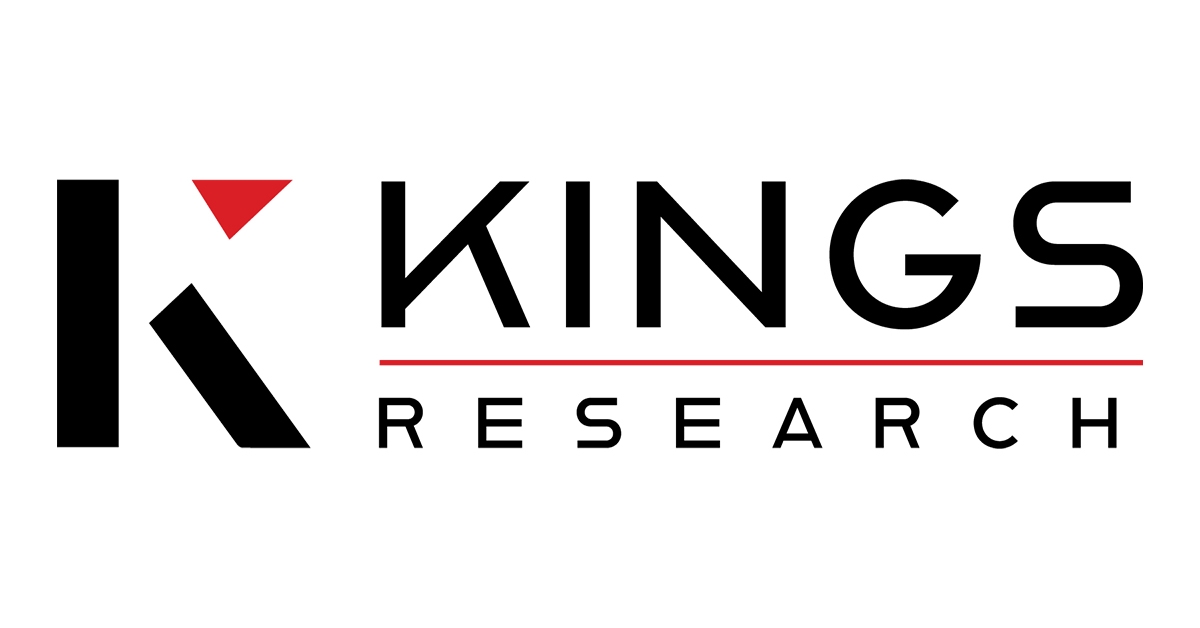The Role of Personalized Treatment Software in Mental Health Care

The global behavioral health software market size was valued at USD 4.23 billion in 2024, which is estimated to be valued at USD 4.69 billion in 2025 and reach USD 10.58 billion by 2032, growing at a CAGR of 12.32% from 2025 to 2032.
Behavioral Health Software Market Overview
- The global Behavioral Health Software Market is projected to grow significantly during the forecast period due to increasing awareness of mental health issues and the digital transformation of healthcare systems.
- Rising prevalence of mental health disorders like depression, anxiety, PTSD, and ADHD is a key driver for the growing demand for software solutions that streamline diagnosis and treatment.
- Healthcare systems worldwide are investing in behavioral health software to improve care delivery, reduce costs, and enable better patient outcomes.
Key Market Drivers
- Increased mental health awareness: Greater public and institutional focus on mental well-being is driving investment in behavioral health tools.
- Growing prevalence of mental disorders: A rise in behavioral and psychiatric conditions is prompting the need for scalable digital solutions.
- Shift to value-based care: Healthcare providers are adopting software that tracks treatment outcomes and improves coordination to comply with value-based reimbursement models.
- Integration with primary care: Governments and providers are integrating mental and behavioral health into primary care, boosting software adoption.
- Post-pandemic demand for telehealth: COVID-19 accelerated the acceptance of virtual mental health services, further fueling software market expansion.
Unlock Key Growth Opportunities: https://www.kingsresearch.com/behavioral-health-software-market-2420
List of Key Companies in Behavioral Health Software Market:
- Oracle
- Core Solutions, Inc.
- Epic Systems Corporation.
- Meditab
- Holmusk Inc
- Netsmart Technologies, Inc.
- Qualifacts
- Lightning Step
- Welligent
- Talkspace, Inc.
- Advanced Data Systems.
- AdvancedMD, Inc.
- Compulink Advantage
- NXGN Management, LLC
- Accumedic Computer Systems, Inc.
Emerging Trends
- Cloud-based deployment: Cloud platforms offer scalability, real-time data access, and low infrastructure requirements, making them attractive for healthcare providers.
- AI and machine learning: Integration of advanced analytics supports predictive care, symptom tracking, and clinical decision-making.
- Mobile health (mHealth) integration: Behavioral health apps and mobile platforms are empowering patients to access care remotely.
- Interoperability focus: Demand is rising for software that can integrate with EHRs and meet healthcare data exchange standards.
- Compliance with privacy laws: Software vendors are enhancing security features to comply with regulations like HIPAA and global data protection standards.
Market Segmentation
By Component
- Software: Dominates the market due to growing use of EHR, teletherapy, and clinical management platforms.
- Support Services: Includes implementation, training, customization, and technical support offered by vendors.
By Functionality
- Clinical Functionality: Includes tools for diagnosis, treatment planning, patient progress tracking, and clinical documentation.
- Administrative Functionality: Covers scheduling, workflow automation, patient intake, and document management.
- Financial Functionality: Handles billing, insurance claims processing, and revenue cycle management.
By End User
- Providers: Primary users of software, including hospitals, private clinics, therapists, psychiatrists, and psychologists.
- Payers: Use software for behavioral health analytics, risk scoring, and cost control.
- Patients: Access telehealth services, track symptoms, and receive mental health support through mobile applications.
Regional Analysis
North America
- Largest regional market due to advanced healthcare infrastructure and strong mental health policy support.
- High adoption of EHRs, telepsychiatry, and cloud-based solutions.
- Increasing investments in digital health by public and private sectors.
Europe
- Second-largest region with significant adoption in the UK, Germany, France, and the Netherlands.
- National mental health initiatives and rising digital health funding are boosting software use.
- Governments focus on reducing stigma and improving access to mental health services.
Asia Pacific
- Fastest-growing regional market due to increasing mental health awareness, growing healthcare expenditure, and rising smartphone penetration.
- Governments in India, China, and other emerging economies are launching digital mental health campaigns.
- Mobile-first strategies are enabling better access in rural and underserved areas.
Latin America & Middle East & Africa
- Gradual market expansion driven by international support, mobile health projects, and increasing internet accessibility.
- Challenges include limited mental health infrastructure, funding, and cultural stigma.
- Opportunities exist in urban centers and through NGO partnerships and donor programs.
These companies are focusing on:
- Developing user-friendly and compliant behavioral health platforms.
- Integrating AI, analytics, and telehealth functionalities.
- Forming partnerships with healthcare organizations to tailor solutions.
- Expanding globally through mergers, acquisitions, and strategic alliances.
- Providing scalable, cloud-based platforms for providers of all sizes.
Market Dynamics and Future Outlook
- Behavioral health software is becoming a foundational element of modern healthcare delivery.
- Stakeholders are increasingly focused on interoperability, compliance, and patient engagement.
- Providers are expected to continue adopting platforms that combine clinical, administrative, and financial workflows into one unified system.
- Governments and private investors are recognizing the need to scale digital mental health solutions to close treatment gaps and support underserved populations.
- The market is poised for sustained long-term growth as behavioral health becomes a global public health priority.
Let me know if you’d like this PR turned into a downloadable document or formatted for media publication or investor outreach.
Browse Related Article:
Japan’s New Wave of AI: Context-Aware Systems That Think Beyond Commands
The Workplace Is Now a Platform: How Modular Workforces Are Reshaping Enterprise Strategy
Why Japanese Carmakers Are Betting on Hydrogen Again: This Time with AI Efficiency
- Art
- Causes
- Crafts
- Dance
- Drinks
- Film
- Fitness
- Food
- Giochi
- Gardening
- Health
- Home
- Literature
- Music
- Networking
- Altre informazioni
- Party
- Religion
- Shopping
- Sports
- Theater
- Wellness

